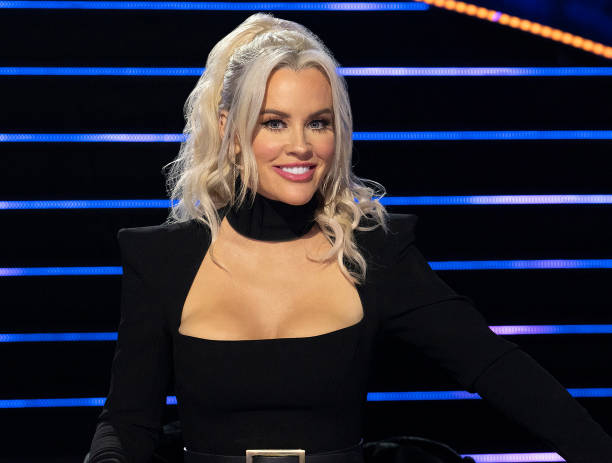Jenny McCarthy Opens Up About Her Near-Fatal Vegan Experience
Jenny McCarthy, the well-known television personality and former Playboy star, recently made headlines with a shocking revelation about her health. In a candid interview, the Masked Singer judge claimed that she “literally almost died” while attempting to follow a vegan diet. Her story has sparked conversations about the challenges of restrictive eating plans and the importance of understanding individual dietary needs. McCarthy explained that her decision to go vegan stemmed from a desire to improve her health. However, the experiment quickly took a dangerous turn. She revealed that undiagnosed food allergies, including sensitivities to gluten and dairy, had been silently wreaking havoc on her body for years. “I didn’t know I had a gluten and dairy problem,” she said. “I thought everyone got sick when they ate.” It wasn’t until later that she discovered she has celiac disease, a condition that causes severe reactions to gluten, a protein found in wheat, rye, and barley. The vegan diet, which eliminates all animal products, left McCarthy struggling to get enough nutrients. “I can’t have carbs, and everything is a carb,” she shared. Compounding the issue, she also found herself allergic to soy—a common staple in many vegan diets. “I was literally dying,” she admitted, describing how her body began to break down under the strain of these restrictions. After hitting what she called her “last resort,” McCarthy made a dramatic shift to a carnivore diet, which focuses almost exclusively on meat and animal products. The change, she says, has been transformative. “It’s been incredible—for me,” she emphasized, noting a significant boost in energy and even improved digestion. “I literally go every day without a laxative,” she added with a laugh. While she doesn’t plan to stick with the meat-heavy approach forever, McCarthy credits it with helping her regain her strength. Her experience highlights a broader point: what works for one person’s body might not work for another’s. McCarthy’s story isn’t an indictment of veganism itself—many thrive on plant-based diets—but a reminder that individual health conditions, like allergies or autoimmune disorders, can complicate even the most well-intentioned plans. As of now, McCarthy is feeling better than ever and continues to share her journey with her fans. Her tale serves as both a cautionary note and an inspiration, encouraging people to listen to their bodies and seek answers when something feels off. For now, she’s sticking to what works for her—and leaving the vegan life in the past.



